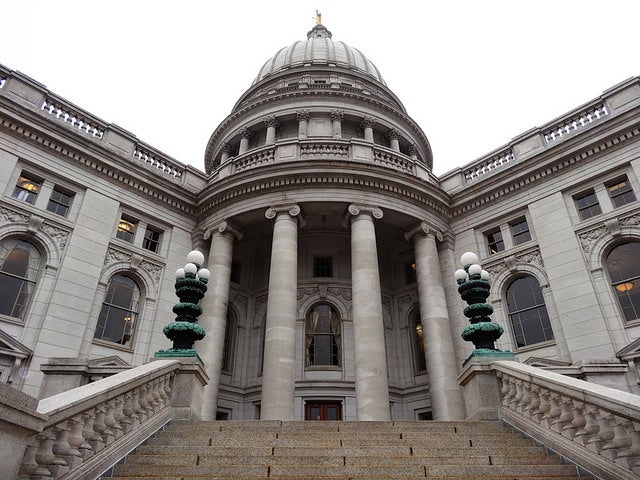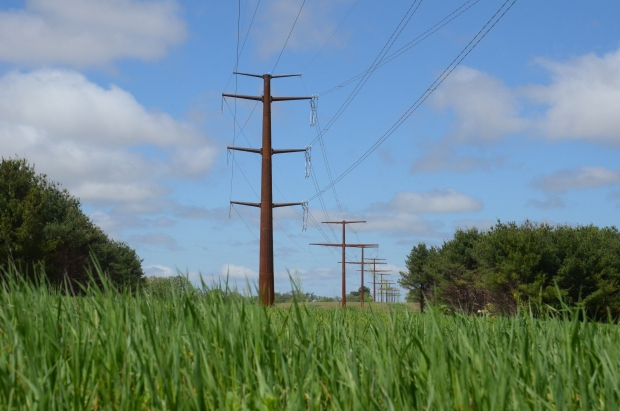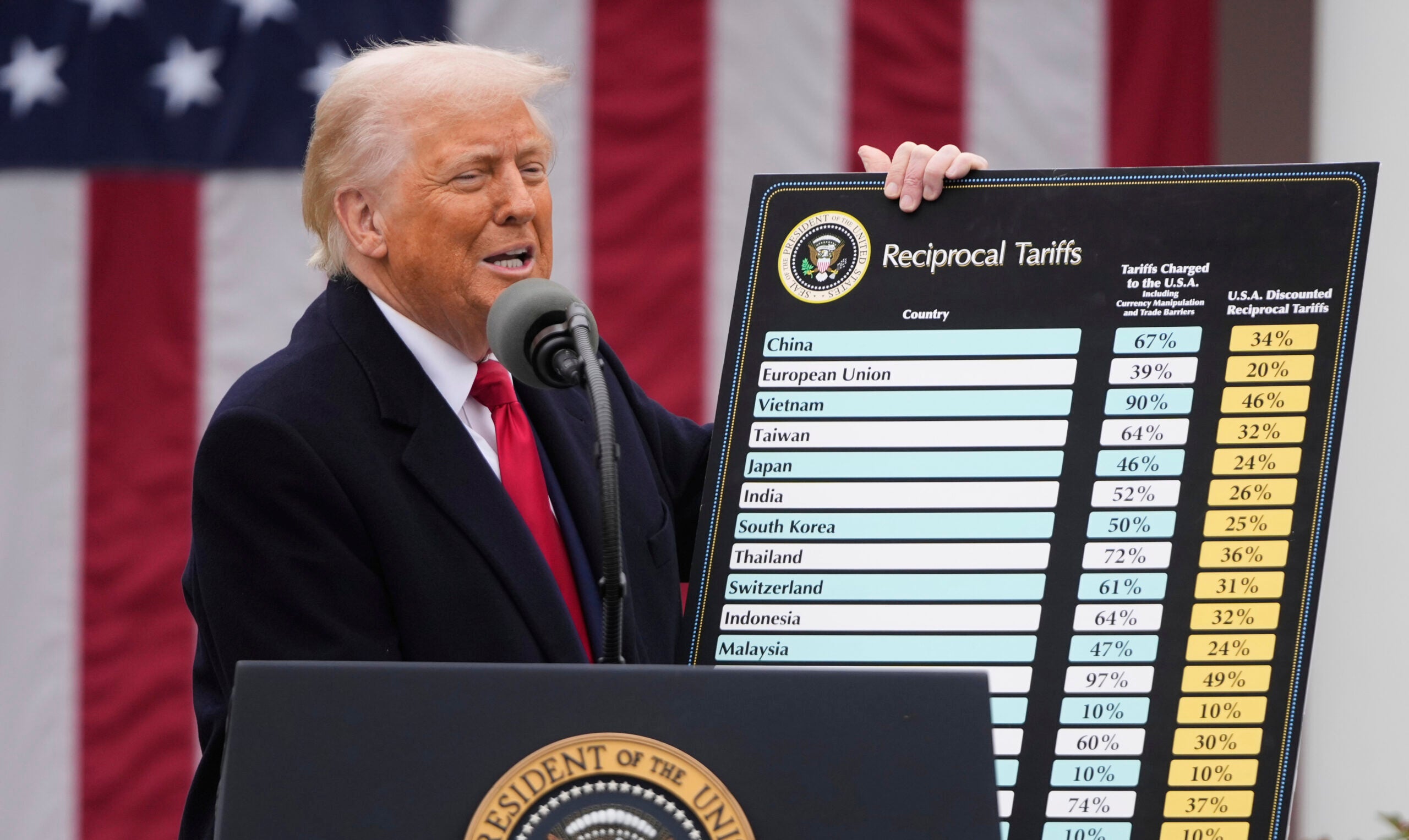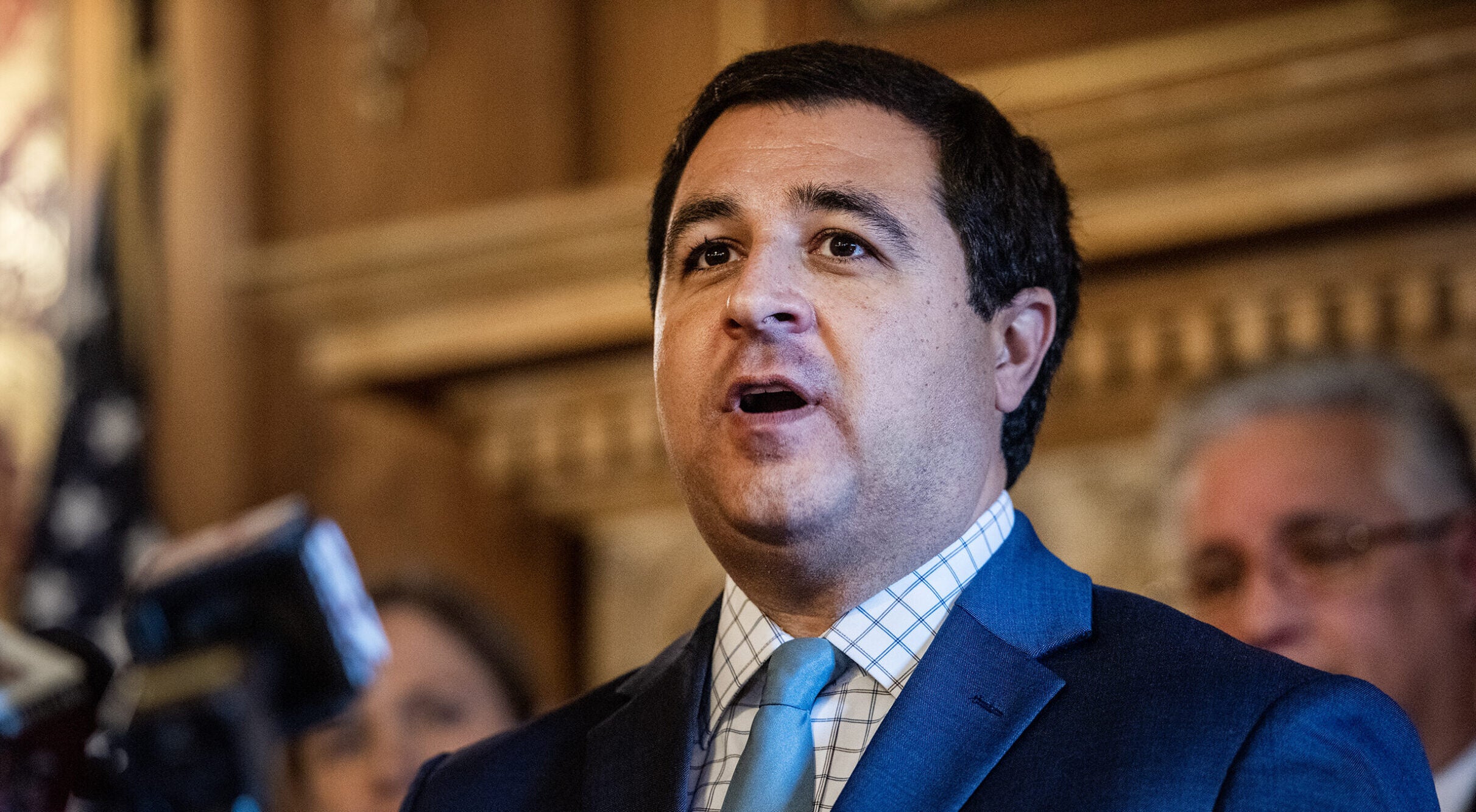A bill that would make it harder for state agencies to create administrative rules with big price tags is causing conflict between Wisconsin business groups.
Administrative rules have the force of law, but they’re drafted by state agencies. Under the bill, rules that cost more than $10 million to implement over two years would have to be approved by the full Legislature.
Proponents say the bill would lead to a more open rule-making process and lessen the influence of “unelected bureaucrats.”
Stay informed on the latest news
Sign up for WPR’s email newsletter.
“This bill is going to lead to greater transparency, more public involvement in the process and greater legislative oversight,” said Lucas Vebber, director of environmental and energy policy at Wisconsin Manufacturers & Commerce, the state’s largest business group.
Koch Companies and Americans for Prosperity have also registered official support for the bill.
A prominent small business group has voiced opposition, however. The National Federation of Independent Business said the bill is unnecessary — and potentially unconstitutional.
“We don’t need the law,” said Bill Smith, state director of the organization. “We don’t need this change. We already have a review process for small business, and we need to focus on making sure agencies comply with that particular process.”
Smith also pointed out his group — and others in opposition, including Clean Wisconsin and Wisconsin League of Conservation Voters — have concerns the bill may be unconstitutional, because it could let state lawmakers stop state agency work on federal rules.
The state Assembly has already passed the bill. It has yet to go before the Senate, which will return for its final votes next month.
Gov. Scott Walker has touted the bill as a top legislative priority this session.
Wisconsin Public Radio, © Copyright 2025, Board of Regents of the University of Wisconsin System and Wisconsin Educational Communications Board.





